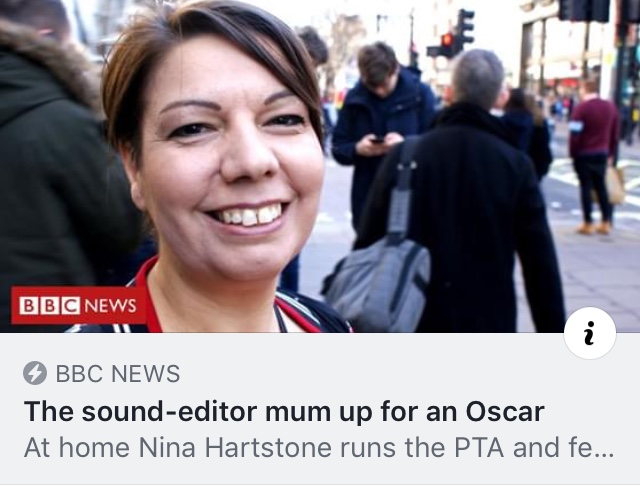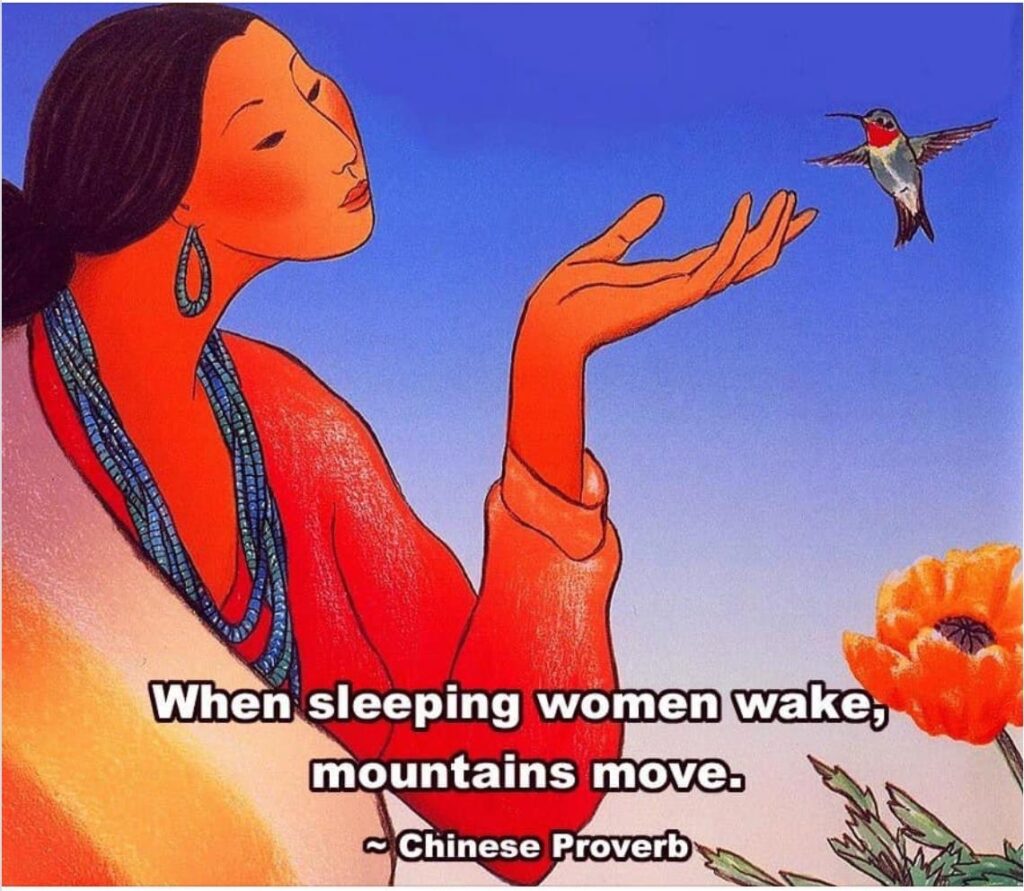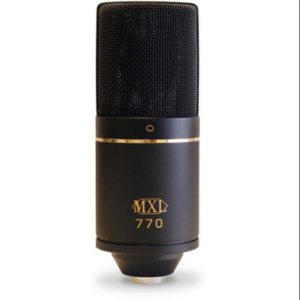
Mix With the Masters Scholarships Available- Bob Power
SoundGirls Members have the chance to receive a 1000 euro scholarship provided to SoundGirls members from Mix With The Masters. There are three scholarships available for the week-long session with Grammy and Multi-platinum Producer/Mixer Bob Power.
This is a week-long seminar valued approximately at 4,000 euros and includes lectures and workshops, accommodation within the mansion, catering (breakfast, lunch, dinner) the fitness room, swimming pool and shuttles from Avignon to the studio.
You must have an advanced understanding of audio and work as producer/mixer/engineer to attend Mix with the Masters.
Session Dates: June 7-13th
Apply for the scholarships here
Deadline to apply is May 17th
You are responsible for Travel to France and remainder of balance to Mix with the Masters.
Session Includes
- private bedroom, on site within the mansion for 6 nights
- Full-board accommodation with meals prepared by gourmet chefs on-site
- Return shuttle services from Avignon to Studios La Fabrique
- Unlimited drinks and snacks throughout the week
- Approximately 50 hours in the studio with the guest speaker
- One-on-one time between you and the master to assess and work on your own material
- Professional photography done throughout the week, including portrait shots of you with the Master
- Hundreds of full-resolution photos shared with you afterwards via download link, to keep and use as you please
- A certificate of completion issued on behalf of Mix With the Masters and Studios La Fabrique, signed by the Master if you wish
- Exclusive MWTM merchandise given only to seminar attendees: embossed Moleskine notepads, pens, mugs, t-shirts, USB keys and stickers.
- Use of the La Fabrique swimming pool, garden, fitness centre, and scenic walks
- Nearby access to the enchanting town of St. Rémy de Provence
About Bob Price:
Grammy and Multi-platinum Producer/Mixer Bob Power possesses a wide and diverse range of musical talents: producer, engineer, composer, arranger, performer, and educator. In the recording world, Power has produced, recorded, or mixed hundreds of pop and jazz recordings for such artists and groups as Erykah Badu (produced and mixed 1998 Grammy “Best Female R&B Vocal”, “Best Female R&B Album”), A Tribe Called Quest, D’Angelo, Bobby Mc Ferrin, Chaka Khan, MeShell N’degeOcello, Ozomatli (produced and mixed 2002 Grammy “Best Alternative Latin Album”), De La Soul, Common, Jason Moran, Miles Davis, the Roots, Mos Def, Reggie Watts, Curtis Mayfield, David Byrne, Spike Lee, The Jungle Brothers, Quincy Jones (Remix), and Run DMC. A 1997 Grammy Award nominee himself for mixing, Bob Power has had over 40 charting records, and has received more than 20 gold or platinum records.
In the broadcast advertising world, Bob Power has written and produced music for Coca Cola, BMW, Philip Morris, Mercedes, Casio, the American Cancer Society (EMMY Award winner), and many others.
Holding two university music degrees, he began his studio career scoring for television in the late 1970s.
In addition to producing, mixing ,and mastering at his studio Chez Bob in New York, Power teaches at the Clive Davis Institute of Recorded Music, Tisch School of the Arts, New York University.
Program
The process of greatness fostering greatness has long been recognized and is the reason why master classes are organized. The Mix With The Master’s seminars is part of this tradition, offering an exchange of in-depth first-hand studio experience and knowledge that is unparalleled and not available anywhere else. Each seminar is conducted by one of the world’s top music mixers and producers, ready to share their professional secrets with a select group of a maximum of 14 carefully-screened, professional-level participants, who come from all over the world.
One factor that contributes to the enormous success of the seminars is that all tutors support the general MWTM ethos, which is about the love of music, music technology and wanting to help others. Participants also are in part selected on displaying similar, positive attitudes. The fact that the seminars last a full week is another major contributory factor because it offers tutors the time and space to go into real depth, and the participants the opportunity to spend a prolonged time watching a master at his peak, and to ask any question they can think of.
The tutors share exclusive, insider-information on any subject: detailed technical knowledge, how to run sessions, how to handle artists, how to manage a career, the right attitude, how to remain successful, and more. The tutors also assess the work of the participants, by listening to their mixes and mixing recording sessions that they bring, and providing extensive feedback to each participant on where they are at, and how they can get to where they want to be. This is invaluable and offers participants wanting to become world-class professionals in their own right a unique advantage.
Another primary factor in making the MWTM seminars exceptional is that they take place at La Fabrique, a large, comfortable, high-end recording studio located in a picturesque historic building, surrounded by huge, lush grounds, and set in the south-east for France in one of the world’s most beautiful environments. The secluded and idyllic location offers the participants and tutors a lot of space to relax and recharge, far away from the hustle and bustle of daily life and the all-demanding intensity of their regular professional environments.
Because the courses are residential, the participants and tutor work, eat, socialize, and sleep in the same environment. While tutors, and participants, will at times opt to retire to their private quarters, there is ample opportunity for social interaction outside of the studio environment. Participants interact extensively with each other and the tutor, making it easier to assimilate the intangible qualities necessary to be successful at the highest level—presence, focus, social skills, intelligence, creativity, the right attitude, and so on.
In short, for seven days participants can experience mixing with a master in both senses of the phrase, mixing and interacting with them. Get more information about Studio La Fabrique

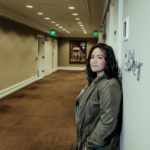
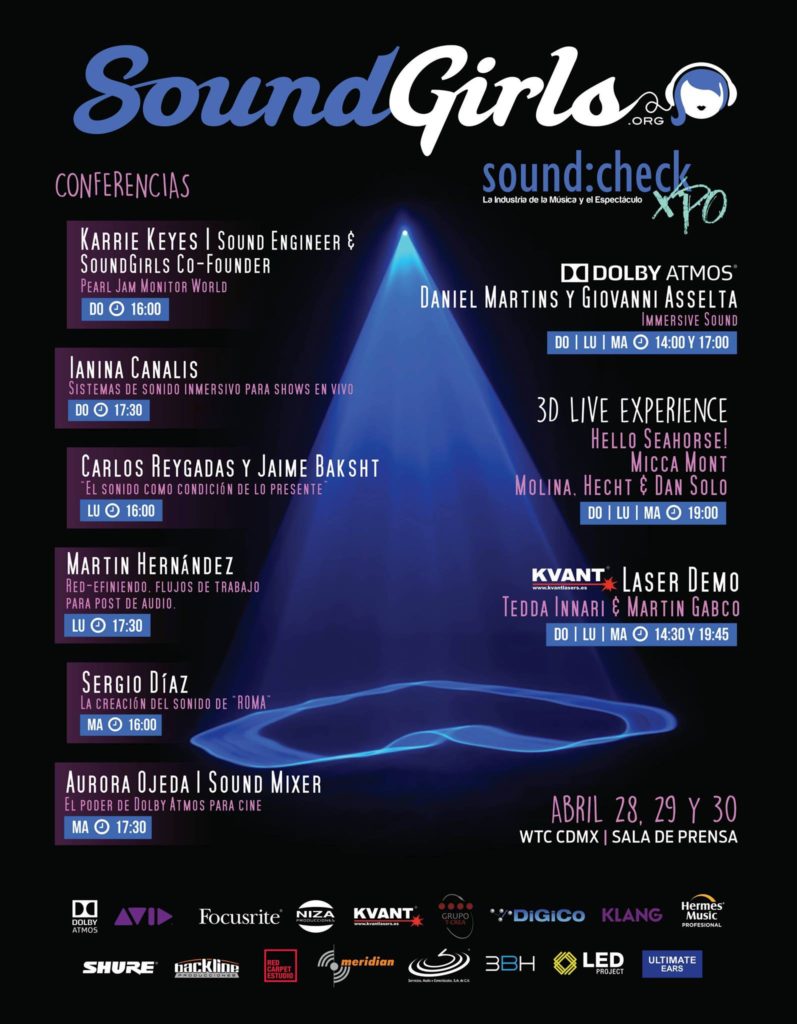
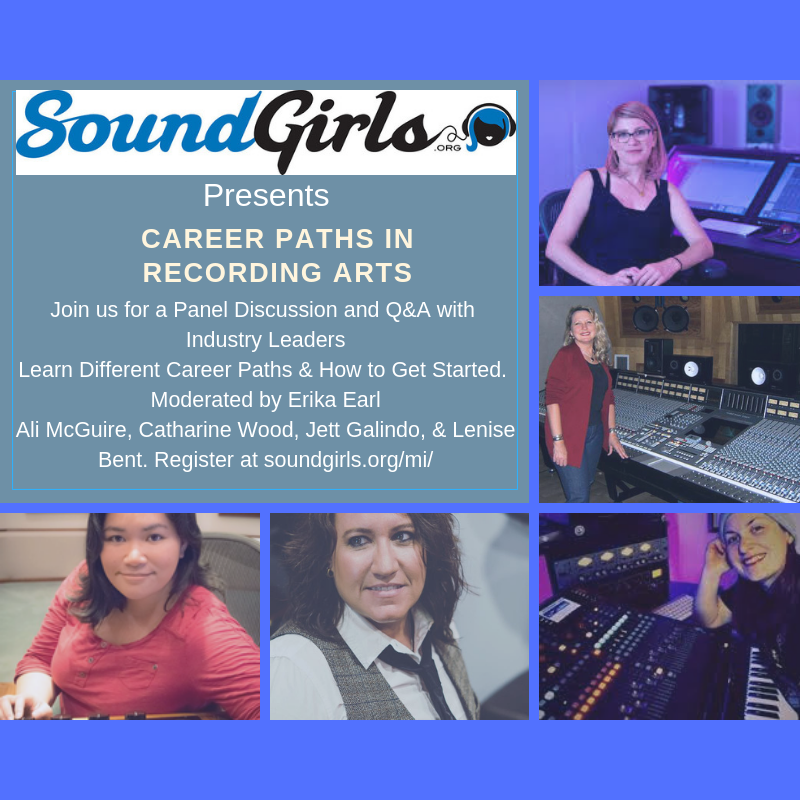 Register For Career Paths in Recording Arts
Register For Career Paths in Recording Arts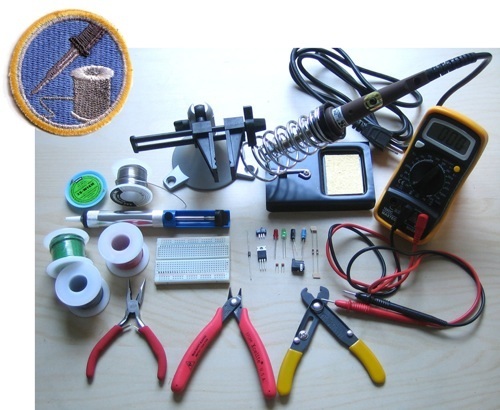
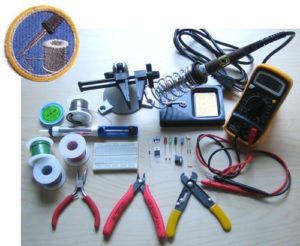

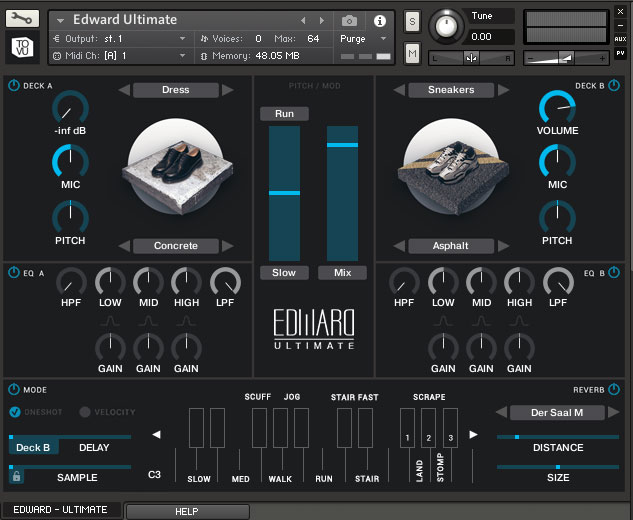
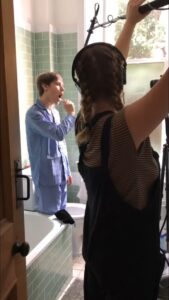
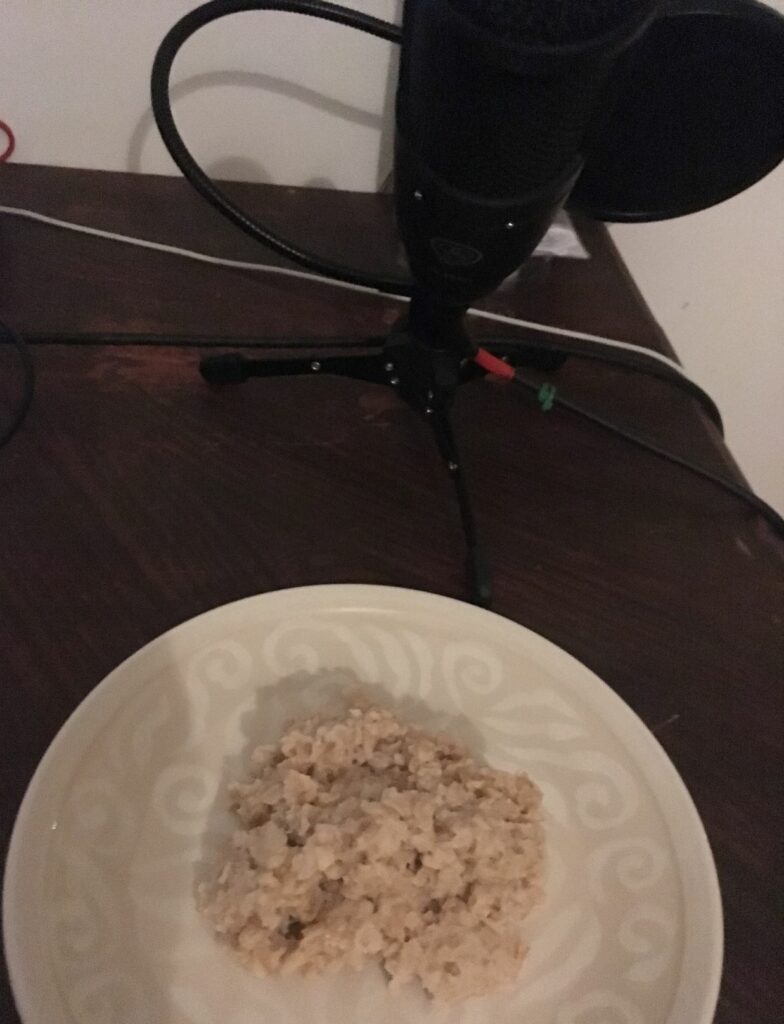

 Ele Matelan is the director of public outreach at WildClaw Theatre. On February 11, she gave an Artist Talk to Northwestern’s Sound Arts and Industries students about Foley.
Ele Matelan is the director of public outreach at WildClaw Theatre. On February 11, she gave an Artist Talk to Northwestern’s Sound Arts and Industries students about Foley.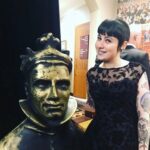 Q&A with sound no.1 on Six The Musical Eleanor Theodorou
Q&A with sound no.1 on Six The Musical Eleanor Theodorou